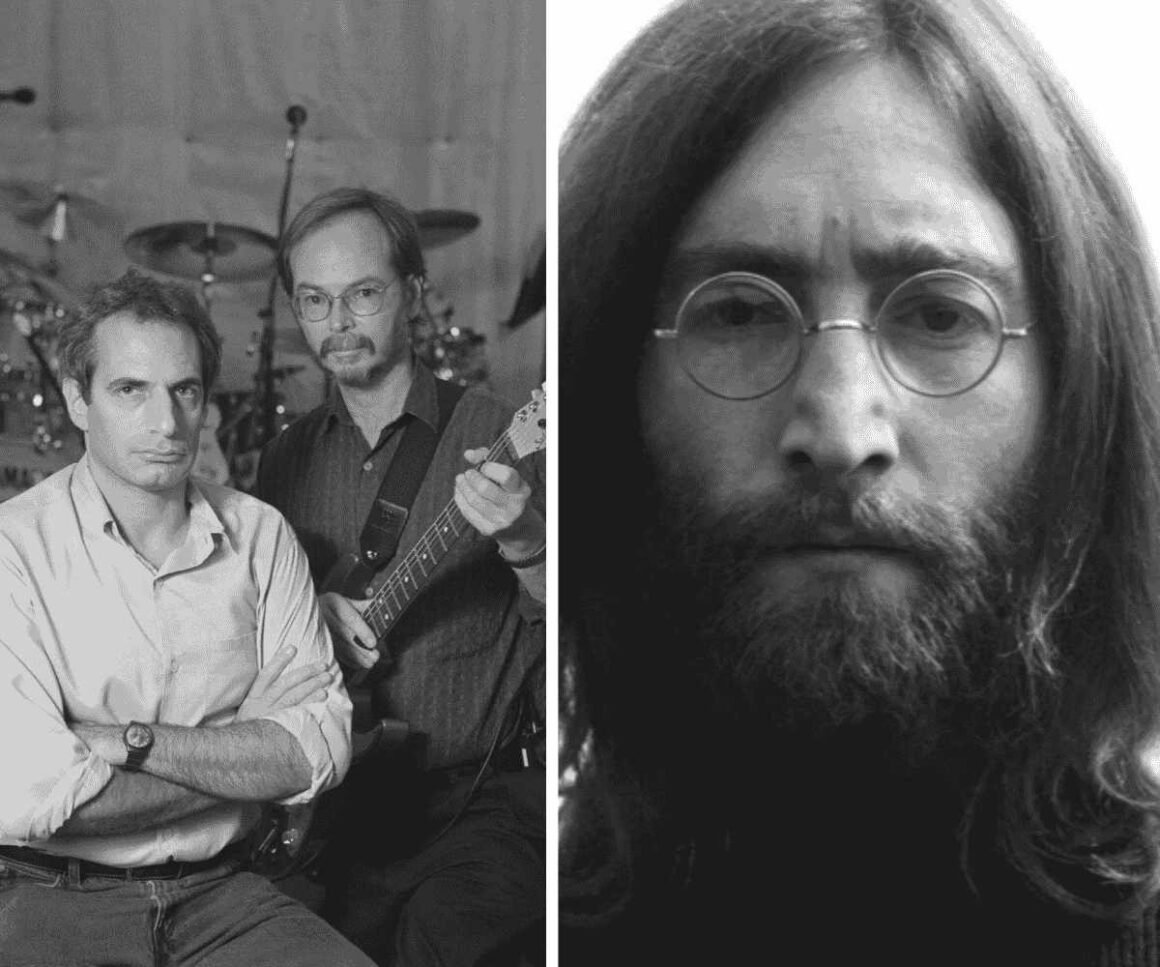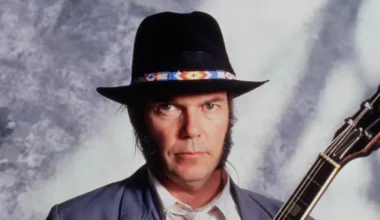In the early 1970s, as the music world grappled with the void left by The Beatles’ breakup, new bands like Steely Dan emerged, trying to carve out their own space. Donald Fagen and Walter Becker, who formed Steely Dan in 1971, were undeniably influenced by the Fab Four’s groundbreaking legacy.
Yet, as they sought to make their mark, they also grappled with the daunting task of filling the gap left by the most iconic band in history.
The Legacy of The Beatles
The Beatles’ impact on music was profound, setting a high bar for creativity and innovation. Their departure left a massive vacuum in the industry. Every new band was seen as a potential heir to their throne, and every acoustic guitar-wielding artist was compared to Bob Dylan.
Fagen and Becker, while influenced by The Beatles, chose a different path. They focused on writing and recording rather than relentless touring, which set them apart from their peers.
Steely Dan’s Evolution
Initially, Steely Dan struggled to break free from writing pop tunes for other artists. However, as Fagen’s health issues made touring impractical, the band shifted focus to the studio, where they crafted their unique blend of jazz-infused rock with the help of talented session musicians.
This move proved to be a turning point, helping Steely Dan achieve significant success.
The Lennon Critique
Steely Dan’s 1972 track “Only A Fool Would Say” from their album Can’t Buy A Thrill is a notable example of their critical edge. The song opens with a smooth bossa nova groove but carries a biting message aimed at John Lennon.
Fagen uses the track to critique Lennon’s idealistic views from Imagine, painting him as out of touch with the struggles of ordinary people.
Lyrics like “Our world become on, Of salads and sun, Only a fool would say that” and “You do his nine to five, Drag yourself home half alive” underline Fagen’s disdain for Lennon’s perceived elitism.
Lennon’s Reaction
Lennon’s response to Steely Dan’s critique remains unclear, as he never directly addressed the song. However, his disdain for jazz-rock bands, expressed in an interview with Rolling Stone, suggests he wasn’t a fan of Steely Dan either.
Lennon’s criticism of bands like Blood, Sweat & Tears and his view of rock ‘n’ roll as avant-garde likely reflected his opinion of Steely Dan’s music as well.
A Misinterpreted Message?
Steely Dan’s criticism of Lennon’s “Imagine” resonates with contemporary criticisms of the song’s idealism. For instance, Gal Gadot’s 2020 singalong of “Imagine” faced backlash for its perceived disconnect with the struggles of ordinary people during the pandemic. Much like the criticisms Steely Dan voiced, the rendition highlighted the gap between idealistic messages and real-world hardships.
Conclusion
Steely Dan’s “Only A Fool Would Say” serves as a sharp commentary on John Lennon’s utopian ideals, contrasting the luxurious life of an artist with the reality of everyday struggles.
While Steely Dan was shaped by the legacy of The Beatles, they were not afraid to challenge the icons of their era, demonstrating their unique approach to music and social commentary.







